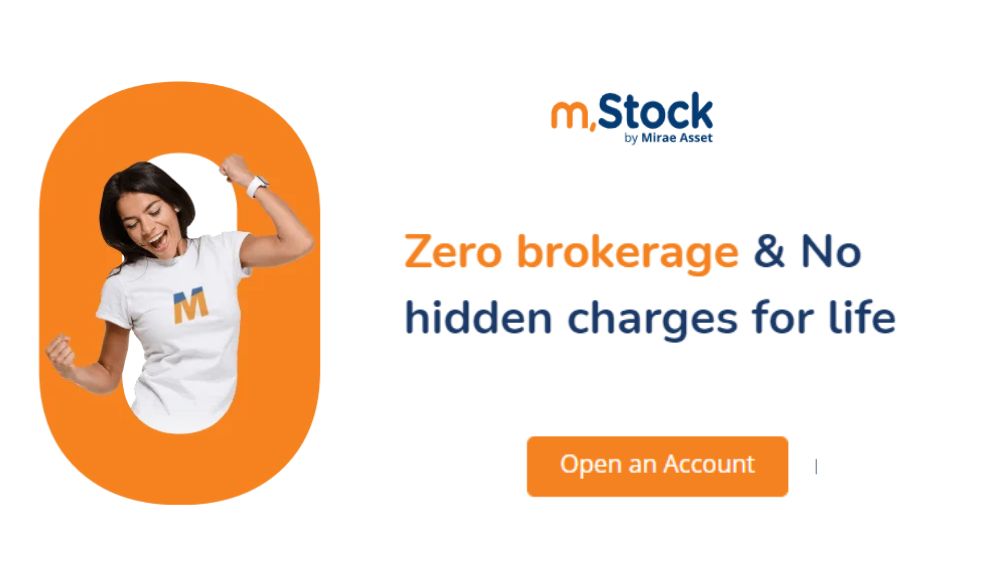It’s quite natural for stock investors to slowly branch out to advanced instruments and get started with ETFs, options, and future trading on apps like mStock, which offer a range of investment options. However, for every new investor, the performance of the first trade is often the factor that defines their future outlook toward a particular instrument. Thus, choosing the correct first investment should be paramount.

Speaking along those lines, if you’re a stock investor who wants to explore the ETF market but isn’t sure what type of fund would be ideal as a starting point, we’ve got you covered with index-tracking ETFs.
What are index-tracking ETFs?
Think of these instruments as index mutual funds on a mutual fund app, but they can be traded intraday! They track a specific index and hold securities listed on the index in similar proportions. Therefore, the fund’s performance reflects the performance of the underlying index.
Why index tracking ETFs are ideal for those just getting started?
Counteracts the effects of little research experience.
The strategy is uncomplicated. An index ETF will aim to replicate the performance of well-known indices, such as those from BSE and NSE India. Beginners don’t need to understand complex investment approaches. Rather, they can simply participate in the overall market’s returns with a single investment.
Since indices have stocks across all sectors, they offer diversification, which decreases the chances of incurring a loss. Likewise, beginners can dodge the decision-making pertaining to sectoral ETFs, which may be more volatile if an investor is not well-versed in sectoral market trends.
Historical data readily available:
Similar to how mStock offers data for the NSE option chain live, many apps provide historical performance data for different ETFs. Historical data can help newcomers evaluate how an index ETF has performed over multiple market cycles. This helps set realistic return expectations. Moreover, by studying how major indices have responded to external events like recessions, political changes, or industry disruptions, beginners can gain insights into how different sectors and market segments are generally impacted. This knowledge can aid in making better decisions. Investors will eventually be prepared to explore more specialized ETFs targeting specific areas of the market.
Higher liquidity compared to certain mutual funds or ETFs.
Just as beginner stock investors would want to invest in equity of high trading volume, those getting started with ETFs may want to follow the same principle. High liquidity allows beginners to easily buy or sell ETFs as needed, providing flexibility to exit positions promptly if desired. In contrast, specialized ETFs may have restrictions or limitations due to their low trading volumes.
Further, this factor implies that index ETFs often have tighter bid-ask spreads compared to less liquid investment products. A narrower spread means lower implicit trading costs when entering or exiting positions. This characteristic is beneficial for beginners who may be more risk-averse and want to minimize potential losses from wide spreads.
The Bottom Line:
While there’s nothing wrong with investing in new types of instruments, money invested can vanish in a blink if vigilance isn’t practised. Thus, for those who have just opened a trading account to explore ETFs on a share market app like mStock, index ETFs are undoubtedly the best choice to proceed with. Index ETFs reduce the stress of diversification, allow easier analysis, and exhibit high trading volume. All of these factors are sufficient for both learning further about the ETF market and keeping losses at bay.